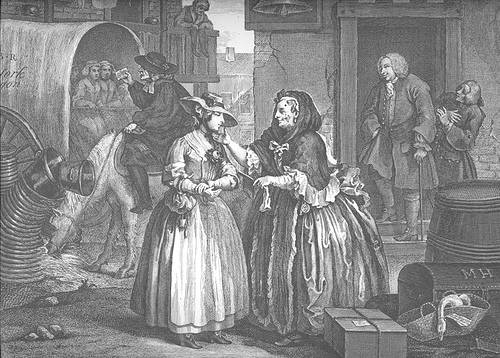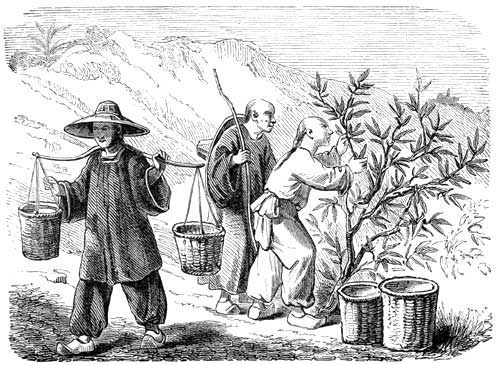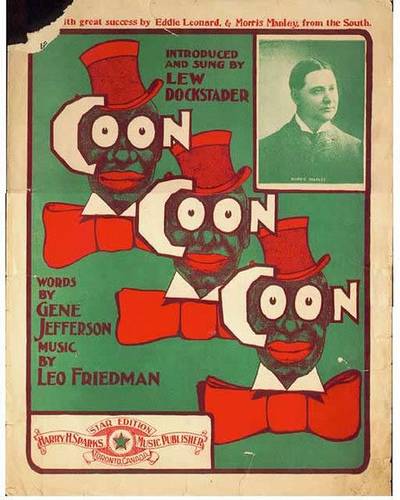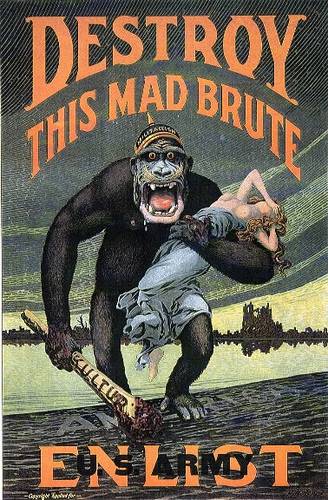Excerpts from 19th-century students’ English exams:
- “Lord Byron was the son of an heiress and a drunken man.”
- “Gibbon wrote a history of his travels in Italy. This was original.”
- “George Eliot left a wife and children who mourned greatly for his genius.”
- “George Eliot Miss Mary Evans Mrs. Cross Mrs. Lewis was the greatest female poet unless George Sands is made an exception of.”
- “Sir Walter Scott Charles Bronte Alfred the Great and Johnson were the first great novelists.”
- “Thomas Babington Makorlay graduated at Harvard and then studied law, he was raised to the peerage as baron in 1557 and died in 1776.”
- “Homer’s writings are Homer’s Essays Virgil the Aenid and Paradise lost some people say that these poems were not written by Homer but by another man of the same name.”
- “A sort of sadness kind of shone in Bryant’s poems.”
- “Holmes is a very profligate and amusing writer.”
— From Mark Twain, “English as She Is Taught: Being Genuine Answers to Examination Questions in Our Public Schools,” 1887




